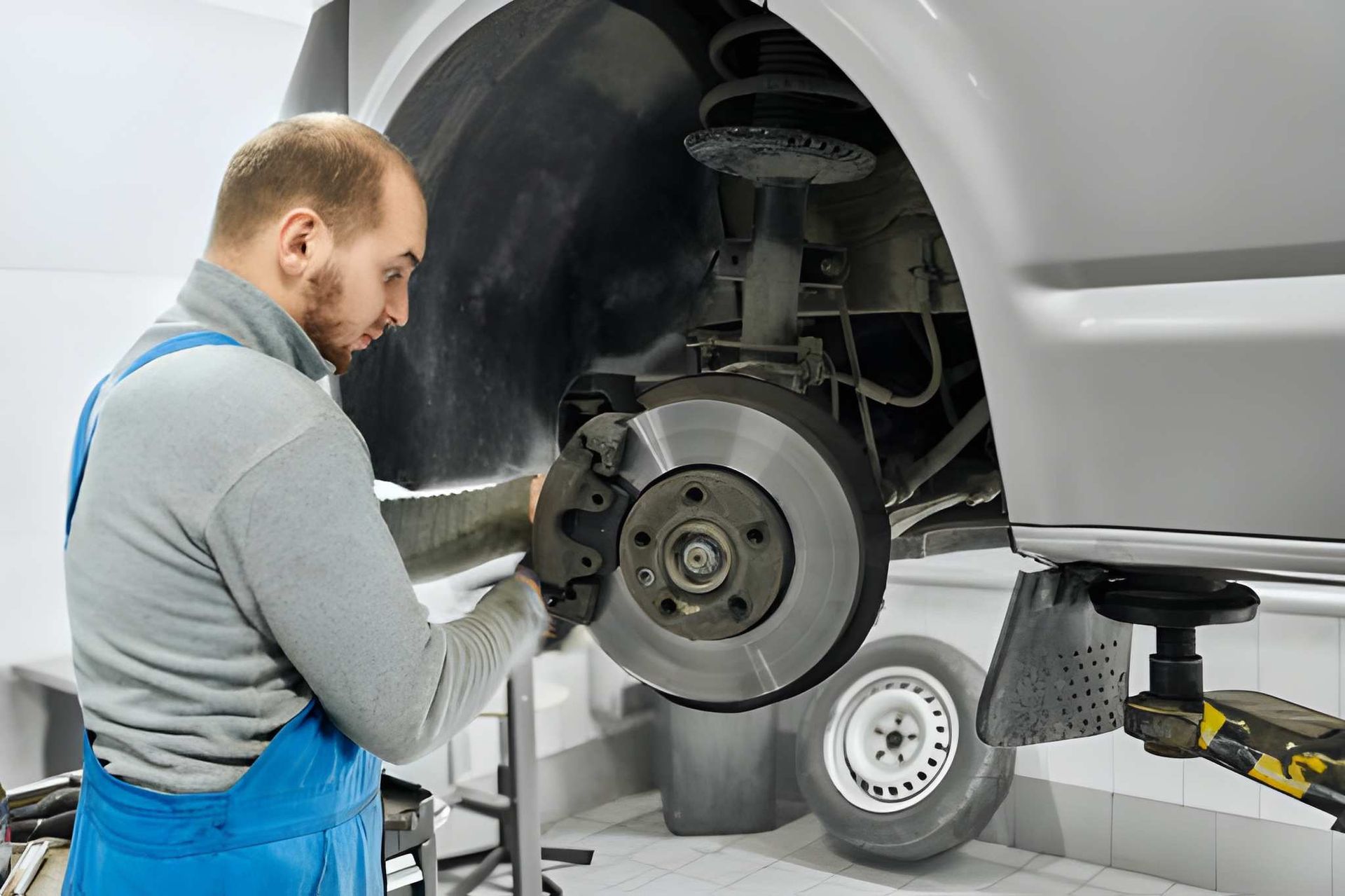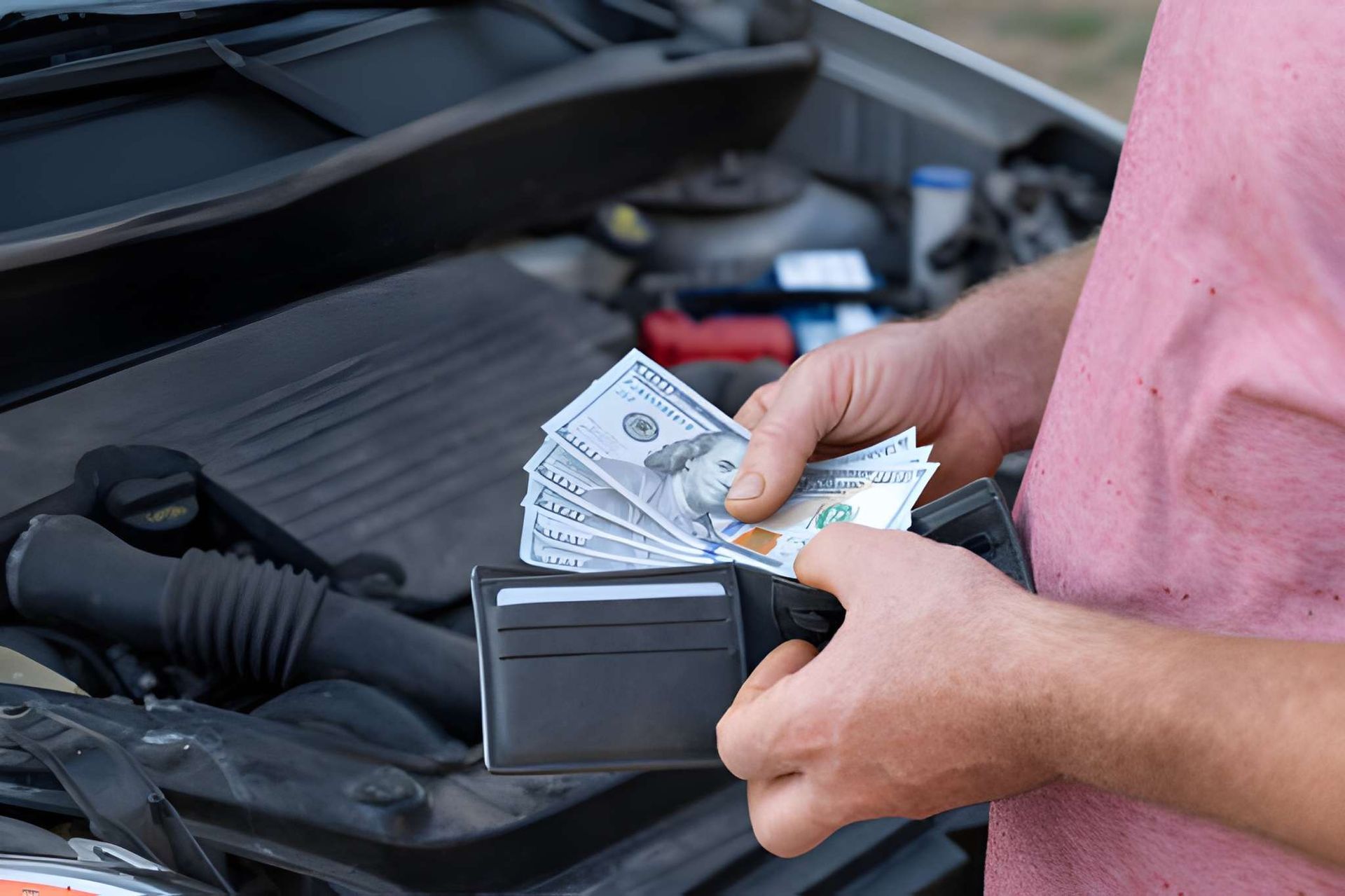How to Tell If Your Alternator Needs Replacing: A Guide for Corona Hills Drivers
In Corona Hills, a dependable car is essential for both daily commutes and weekend adventures. One crucial component that often goes unnoticed until it fails is the alternator, a key part of your vehicle’s charging system that powers the electrical components and keeps the battery charged.
In Corona Hills, a dependable car is essential for both daily commutes and weekend adventures. One crucial component that often goes unnoticed until it fails is the alternator, a key part of your vehicle’s charging system that powers the electrical components and keeps the battery charged. Recognizing the warning signs of a failing alternator can help prevent inconvenient breakdowns and expensive repairs. Let’s explore some common indicators that your alternator might need replacement.
Dim or flickering headlights are one of the first signs of a weak alternator. If you notice your headlights dimming, especially when idling or slowing down, this may mean that the alternator isn’t generating enough power to keep all electrical components functioning properly. You might also experience other issues with dim or unresponsive interior lights or dashboard displays, which are similarly dependent on the alternator’s power.
Another telltale sign of alternator trouble is unusual sounds coming from under the hood. A faulty alternator often emits sounds that could be described as rattling, whining, or grinding. This happens because the internal components, such as bearings, are beginning to wear out. Ignoring these noises can lead to more severe damage, so it’s important to seek professional advice as soon as you notice them.
A weak alternator can also cause your dashboard warning lights to activate, particularly the battery warning light. Although this light can indicate battery issues, it frequently points to a malfunctioning alternator, as the alternator is responsible for charging the battery. If you notice this light turning on while driving, consider it a warning that your vehicle’s charging system needs to be inspected.
Lastly, a car that struggles to start or frequently stalls could be dealing with an alternator issue. Since the alternator keeps the battery charged, a failing alternator means that the battery will gradually lose power, making it harder for the engine to start. If your vehicle is stalling or requiring frequent jump-starts, it’s best to have the alternator tested.
By being attentive to these symptoms, you can identify potential alternator issues before they become serious. If you suspect a problem with your alternator, our team at Super Service of Corona Hills is here to help with professional diagnostics and quality replacements, ensuring your vehicle remains reliable for all your drives around Corona Hills and beyond.










